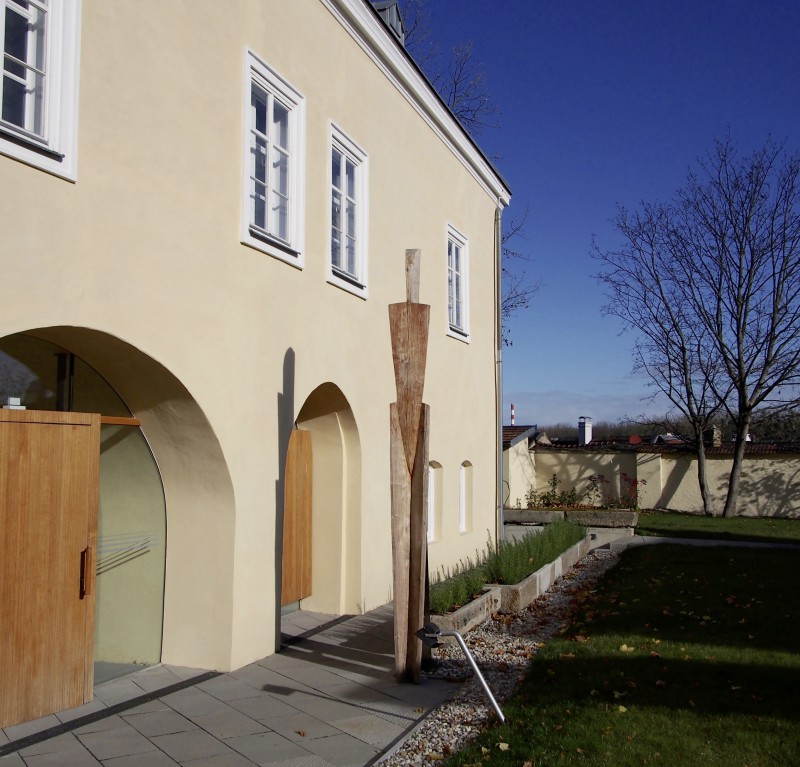KLI Colloquia are invited research talks of about an hour followed by 30 min discussion. The talks are held in English, open to the public, and offered in hybrid format.
Fall-Winter 2025-2026 KLI Colloquium Series
Join Zoom Meeting
https://us02web.zoom.us/j/5881861923?omn=85945744831
Meeting ID: 588 186 1923
25 Sept 2025 (Thurs) 3-4:30 PM CET
A Dynamic Canvas Model of Butterfly and Moth Color Patterns
Richard Gawne (Nevada State Museum)
14 Oct 2025 (Tues) 3-4:30 PM CET
Vienna, the Laboratory of Modernity
Richard Cockett (The Economist)
23 Oct 2025 (Thurs) 3-4:30 PM CET
How Darwinian is Darwinian Enough? The Case of Evolution and the Origins of Life
Ludo Schoenmakers (KLI)
6 Nov (Thurs) 3-4:30 PM CET
Common Knowledge Considered as Cause and Effect of Behavioral Modernity
Ronald Planer (University of Wollongong)
20 Nov (Thurs) 3-4:30 PM CET
Rates of Evolution, Time Scaling, and the Decoupling of Micro- and Macroevolution
Thomas Hansen (University of Oslo)
RESCHEDULED: 18 Dec (Thurs) 3-4:30 PM CET
Chance, Necessity, and the Evolution of Evolvability
Cristina Villegas (KLI)
8 Jan 2026 (Thurs) 3-4:30 PM CET
Embodied Rationality: Normative and Evolutionary Foundations
Enrico Petracca (KLI)
15 Jan 2026 (Thurs) 3-4:30 PM CET
On Experimental Models of Developmental Plasticity and Evolutionary Novelty
Patricia Beldade (Lisbon University)
29 Jan 2026 (Thurs) 3-4:30 PM CET
Jan Baedke (Ruhr University Bochum)
Event Details

Prevailing scientific approaches study organisms largely as passive objects, predetermined in development by their genetic makeup, and in evolution by an external selective environment. Alternatively, organisms may be investigated as potential agents of adaptive phenotypes and evolutionary innovation by virtue of (previously evolved) repertoires of regulatory, developmental and behavioral response. Can biological phenomena such as flexible regulatory pathways, individual plasticity, and formative tissue interactions be understood as sources of organismic agency? How can we rigorously define this property, and how can it inform a robust scientific theory? What range of biological mechanisms comprise relevant research foci, and what changes to experimental approaches are suggested by an agency view? A shift in scientific emphasis to these complex, indeterminate response properties promises a more nuanced and complete understanding of biological systems than prevailing gene-based approaches. An agency focus also promises new avenues for investigating ecological resilience in the face of current environmental challenges on the one hand, and understanding and preventing human disease phenotypes, on the other. The proposed 31/2-day workshop will bring together evolutionary biologists (from multiple disciplines and study systems) as well as philosophers of biology to explore and critique biological agency as a research framework.
Outcomes will include identifying key strengths and weaknesses of a biological agency approach; formulating a broader research agenda for agency investigations; strengthening the conceptual framework for a science of agency, and building a research community joined by this focus. The primary output will be a dedicated special journal issue in either Evolution & Development or Journal of Experimental Zoology, both of which have previously expressed interest.


